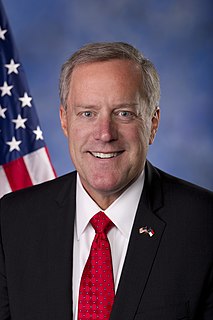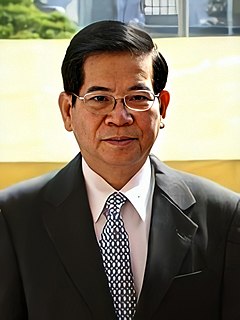A Quote by James O'Toole
In a nutshell, the ability of American companies to compete in world markets depends on creating conditions in which workers can add sufficient value to justify their higher wages and benefits, much the Japanese auto manufacturers have done in this country. Until unions and mangers understand the necessity of effectively employing the nation's most important resource, the American worker, we are destined to have more Detroits.
Quote Topics
Ability
Add
American
Auto
Benefits
Companies
Compete
Conditions
Country
Creating
Depends
Destined
Done
Effectively
Employing
Higher
Important
Japanese
Justify
Manufacturers
Markets
More
Most
Much
Nation
Necessity
Nutshell
Resource
Sufficient
Understand
Unions
Until
Value
Wages
Which
Worker
Workers
World
Related Quotes
The failure of unions to support efforts to increase employee involvement and ownership coincided with their unwillingness to speak out on the broader issues of business effectiveness and performance. When foreign competitors threatened the survival of American manufacturers, unions chose to voice traditional employee demands for higher wages, better benefits, and more security. What they failed to provide were effective responses to the challenge of globalization.
Whether the struggle was between English merchants and the American colonies, pre Civil War northern manufacturers vs. southern slave holders, or American grain farmers and auto manufacturers seeking advantage in the Mexican agriculture and labor markets in the 1990s, U.S. policy has reflected the economic clash of interests of the day.
We should really focus on an American First agenda, and these climate pacts and climate regulations have been designed to not necessarily give American workers and the American environment a head start. It really gives our competition a greater ability to compete internationally and disadvantage American companies.
Competitiveness is defined as the ability of companies to compete while maintaining or improving the average standard of living. If you are cutting wages to become more competitive, that's not really more competitive. It's raising the skill and the efficiency of those workers so that they can support and sustain that higher wage.
Although it is true that only about 20 percent of American workers are in unions, that 20 percent sets the standards across the board in salaries, benefits and working conditions. If you are making a decent salary in a non-union company, you owe that to the unions. One thing that corporations do not do is give out money out of the goodness of their hearts.
Ed Lawler and I document that the key to creating good, productive jobs in all industries is to organize work processes and systems in ways that allow employees to contribute significant amounts of "added value" to the products they make and services they provide. When mangers give employees the organizational structure, resources, and authority needed for them to contribute their ideas and efforts, American workers, like those at Harley-Davidson, almost always prove capable of effectively competing against their overseas counterparts.
































